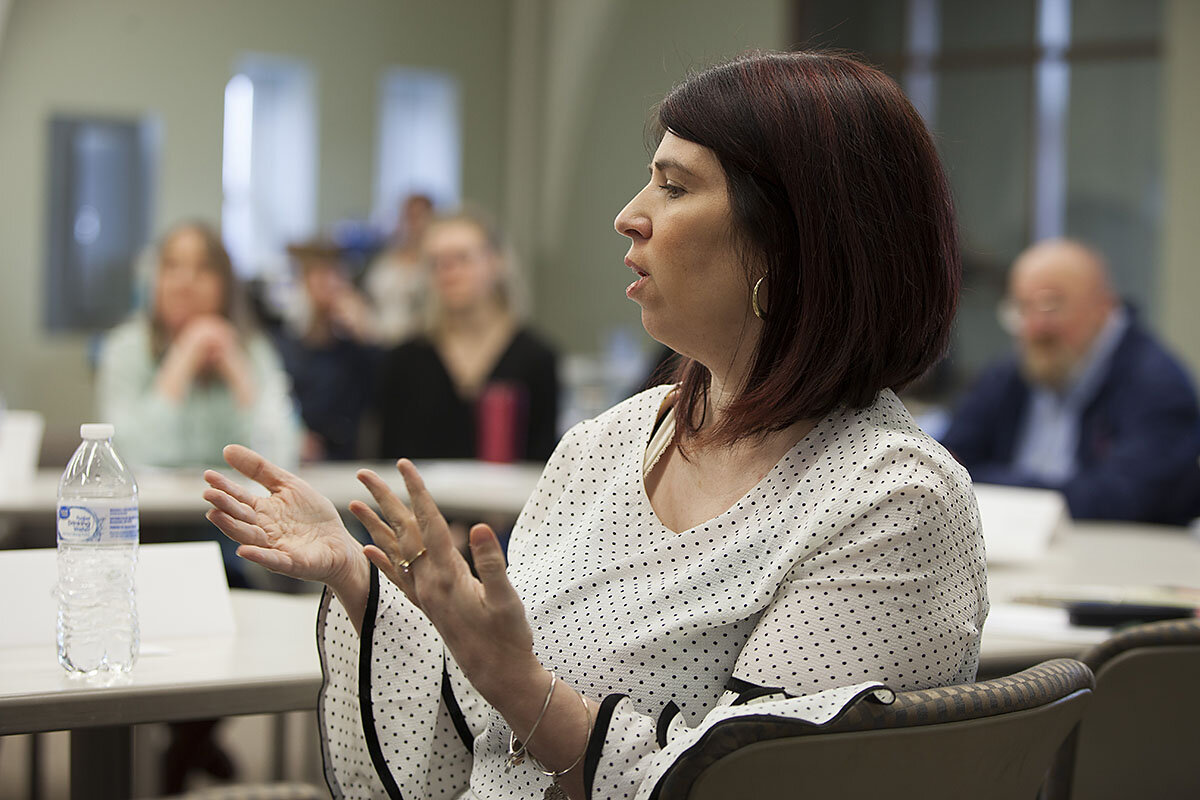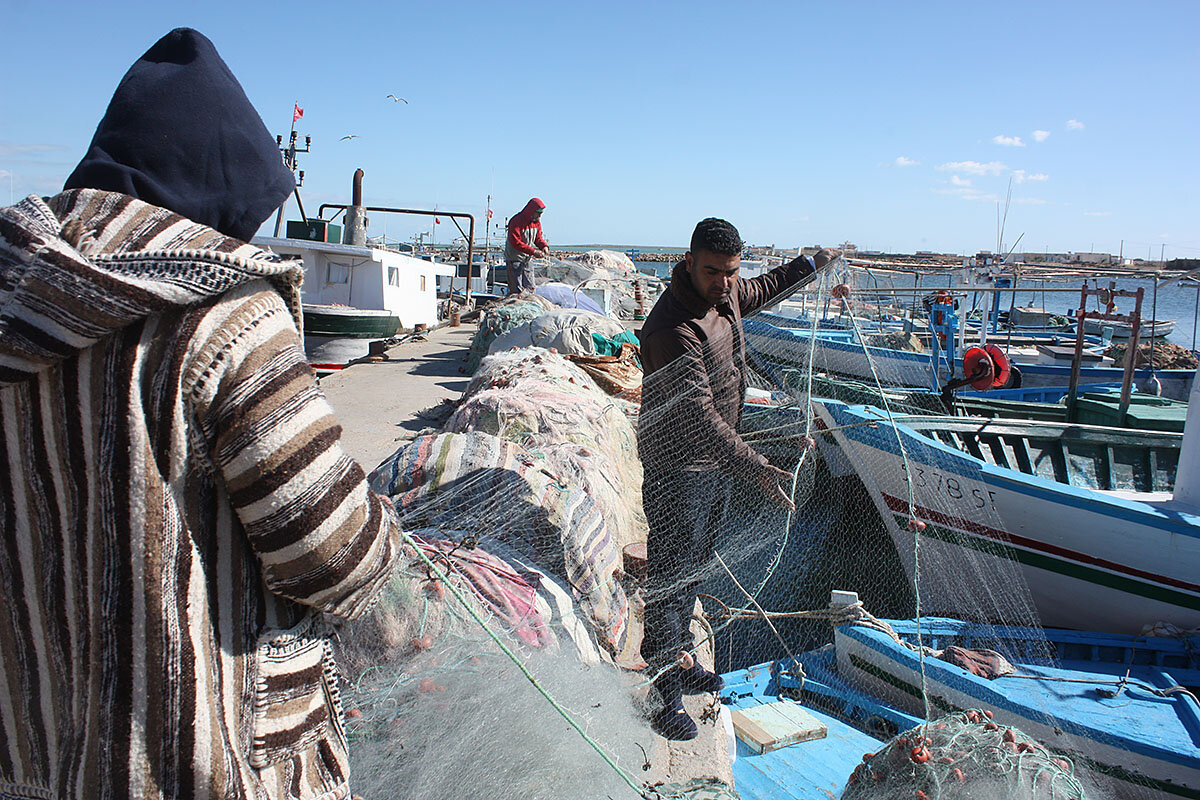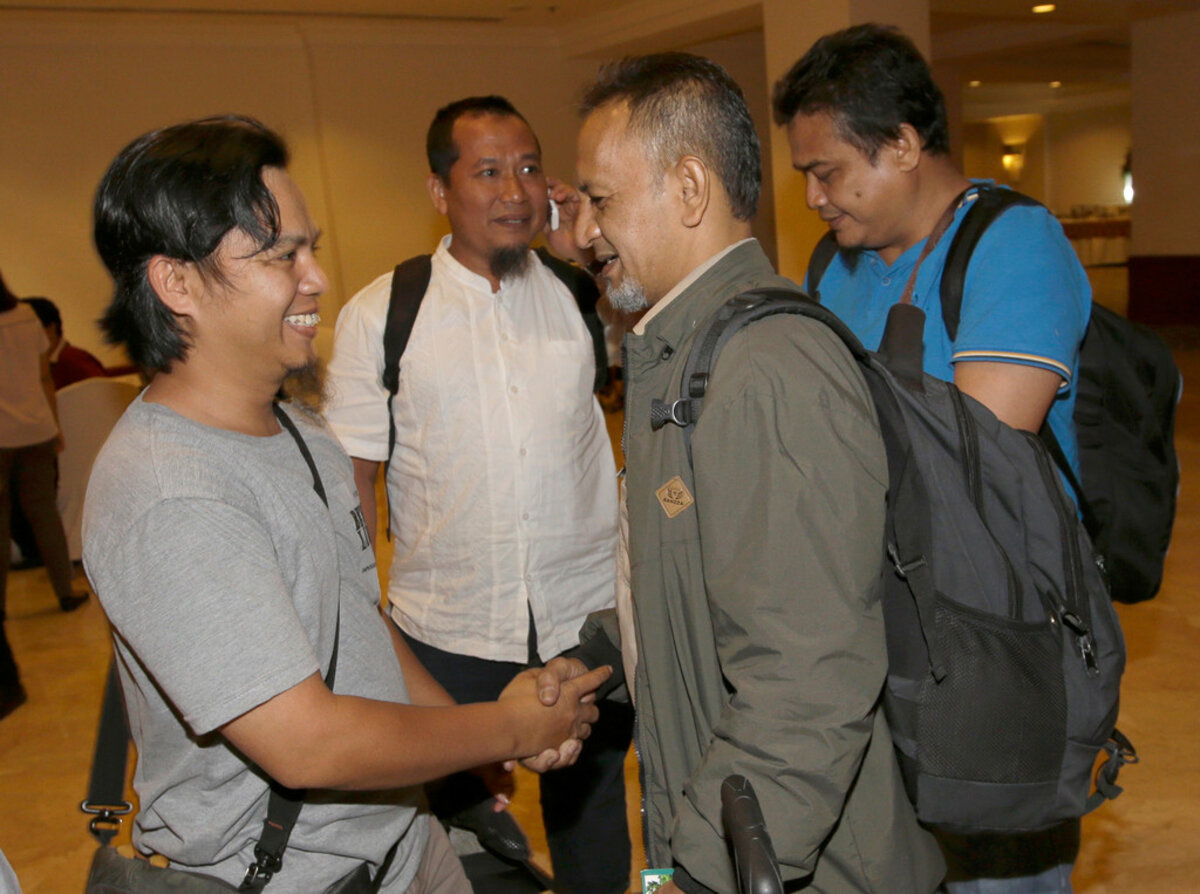Germany's two largest parties are struggling to form a government. What's the holdup? They are struggling over whether to do what seems right for the country or what seems right for Europe.��
Monitor Daily Podcast
- Follow us:
 Mark Sappenfield
Mark Sappenfield
The world’s prevailing view of war was aptly summed up by US Civil War Gen. William Sherman, who said, “War is cruelty. There is no use trying to reform it. The crueler it is, the sooner it will be over.”
That cruelty was evident in Syria last weekend, where government forces reportedly targeted hospitals in rebel-held Ghouta. The violence prompted a remarkable rebuke from the United Nations’ top human rights official, who on Monday blamed the world’s most powerful countries for failing to uphold a cease-fire. These nations have done too little to prevent “some of the most prolific slaughterhouses of humans in recent times,” he said.
The question of how to face atrocities is a difficult one. Should countries be compelled to act? What if the conditions for peace aren’t present? But a deeper question, perhaps, is whether Sherman’s view of war must be accepted as inevitable.
Instances of extraordinary wartime suffering can compel countries to rein in the most barbaric behavior. Witness the Geneva Protocol, agreed to in the wake of World War I's horrific deployment of gas, and the founding of the UN itself in the wake of the devastation of World War II. In speaking Monday, the UN’s Ra’ad al-Hussein suggested that what is at stake in Syria is clear: our humanity.
Now on to our five stories, which include a look at the power of changing our expectations of others, an unseen side of the European refugee crisis, and a reporter's view of the true beauty of the Olympics.��












